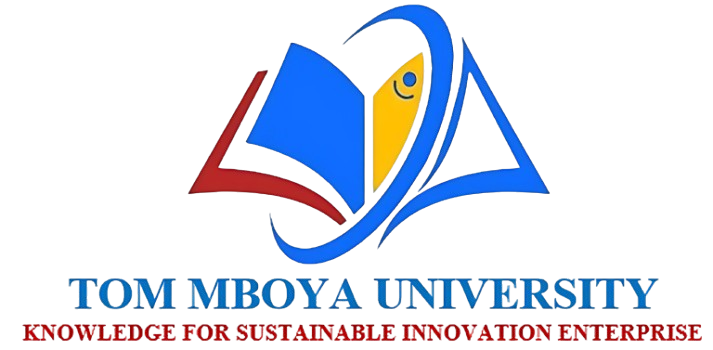BACHELOR OF SCIENCE (GEOGRAPHY & NATURAL RESOURCE MANAGEMENT, WITH I.T.)
Faculty of Physical and Biological Sciences
Undergraduate
Course Description
This interdisciplinary program combines geographical sciences with natural resource management enhanced by information technology. Students will learn to analyze spatial patterns, manage ecosystems, and apply geospatial technologies for sustainable resource utilization. The curriculum integrates GIS, remote sensing, and data analytics with traditional field methods in geography and environmental management.
Expectations
Students will master geospatial technologies (ArcGIS, QGIS), remote sensing tools, and environmental data analysis. The program emphasizes skills in digital mapping, resource monitoring systems, and spatial decision-making for sustainable development. Graduates will be equipped to address environmental challenges through technology-driven solutions.
Market Areas
Graduates can work as GIS specialists in environmental consultancies, natural resource analysts in government agencies, conservation technology officers in NGOs, or spatial data scientists in research institutions. Emerging opportunities exist in smart agriculture, climate change modeling, and urban sustainability planning.
Minimum Requirements
KENYA CERTIFICATE OF SECONDARY EDUCATION (KCSE)
WITH MEAN GRADE OF C+ OR EQUIVALENT, WITH
PASSES IN AT LEAST THREE SUBJECTS FROM EITHER OF
THE FOLLOWING;
(I) MINIMUM GRADES OF C+ IN MATHEMATICS,
CHEMISTRY, PHYSICS, BIOLOGY AND GEOGRAPHY OR
(II) MINIMUM GRADES OF C+ IN MATHEMATICS,
BIOLOGY, GEOGRAPHY AND B- IN PHYSICAL SCIENCES
OR
KENYA ADVANCED CERTIFICATE OF EDUCATION (KACE),
OR EQUIVALENT QUALIFICATIONS, WITH AT LEAST TWO
PRINCIPAL LEVEL, PASSES IN: MATHEMATICS,
CHEMISTRY, BIOLOGY, GEOGRAPHY AND PHYSICS,
OR
HOLDERS OF KCSE MEAN GRADE OF C- OR EQUIVALENT
PLUS A CERTIFICATE AND DIPLOMA IN A RELEVANT FIELD
FROM AN ACCREDITED INSTITUTION.
OR
ORDINARY/HIGHER NATIONAL DIPLOMA, OR
EQUIVALENT QUALIFICATIONS IN THE SCIENCES WITH AT
LEAST A PASS.
OR
SCIENCE/TECHNICAL DIPLOMA FROM TEACHER
TRAINING COLLEGES, OR EQUIVALENT IN SCIENCES WITH
AT LEAST A PASS.
OR
A SCIENCE/TECHNOLOGY DEGREE FROM AN
ACCREDITED INSTITUTION, OR EQUIVALENT
QUALIFICATIONS.
Quick Links
- Image
- SKU
- Rating
- Price
- Stock
- Availability
- Add to cart
- Description
- Content
- Weight
- Dimensions
- Additional information
